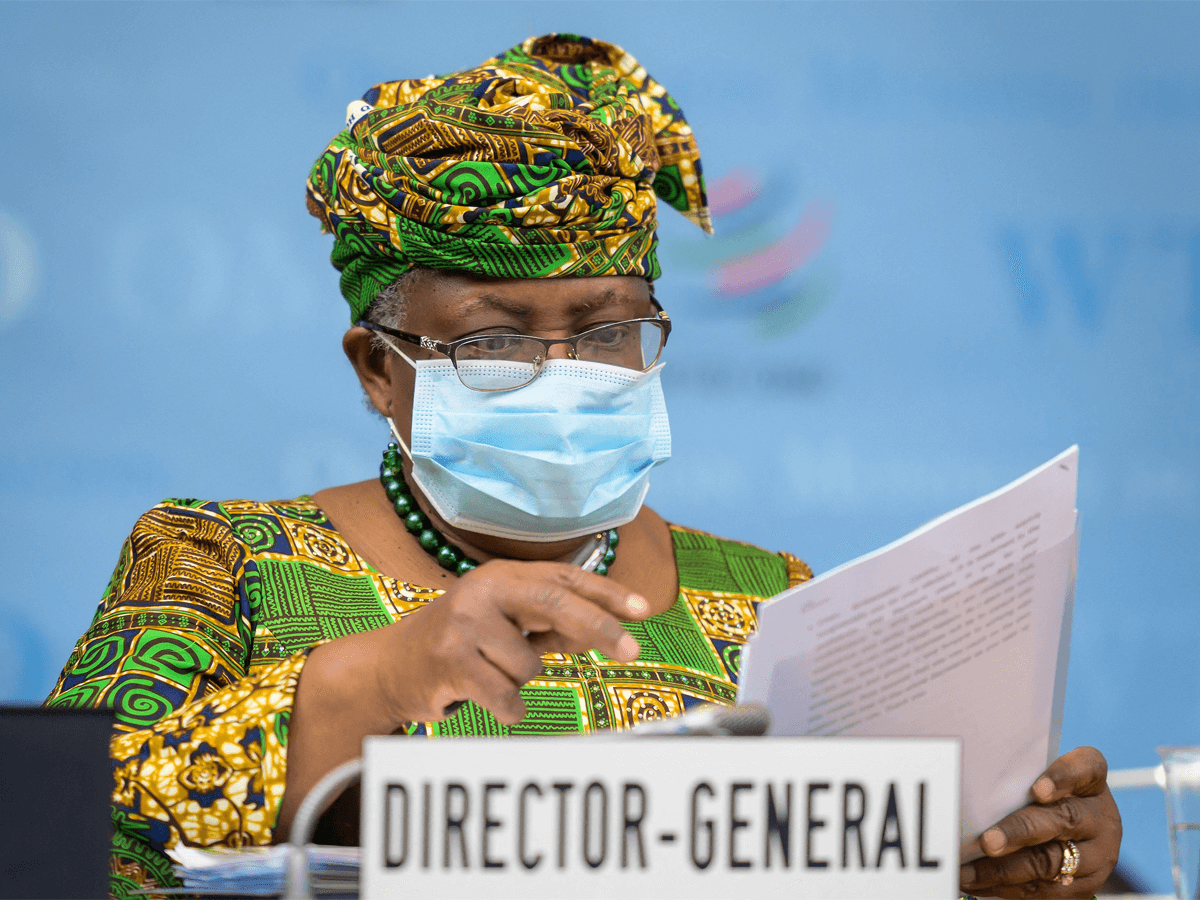
WTO DG Ngozi Okonjo-Iweala Pushes For Fisheries Deal
The new head of the World Trade Organisation has thrown her support behind efforts among member countries to agree on fisheries subsidies that could reduce overfishing.
Director-general Ngozi Okonjo-Iweala, a Nigerian economist and former government minister, called the efforts a top priority on her first day at the WTO headquarters on the banks of Lake Geneva.
“I am coming into one of the most important institutions in the world and we have a lot of work to do,” said Ms Okonjo-Iweala, 66, who is both the first woman and the first African to hold the job. “I feel ready to go.”
Negotiators have been tasked with striking an agreement that could help eliminate subsidies for illegal, unreported and unregulated fishing, and prohibit some fisheries subsidies that contribute to overcapacity and overfishing.
Member states of the WTO, which works to craft accords that can ensure smooth international trade, have struggled to reach an agreement on fisheries after roughly two decades of work.
Ms Okonjo-Iweala called for finalising the negotiations “as soon as possible” and credited Colombian ambassador Santiago Wills, who chairs the talks on fisheries subsidies, for his “really hard” work.
“My presence is to try and support him proactively to try and unblock the situation so he can complete the fantastic work he has been doing,” she said alongside Mr Wills as they met with various advocacy groups outside the WTO gates. “It has been 20 years – and 20 years is enough.”
“Things are not easy when members are negotiating and there are still a lot of critical issues that need to be sorted out,” she said. “But we are hopeful.”
Mr Wills said it was “music to my ears to see on the first day the (director general) comes here and makes a statement on the fisheries negotiations”.
Ms Okonjo-Iweala’s first day also consisted of meeting staff and attending her first meeting of the General Council, made up of top envoys from the trade body’s 164 member states. The closed-door council meeting was largely held by videoconference because of measures aimed to fight the pandemic.

